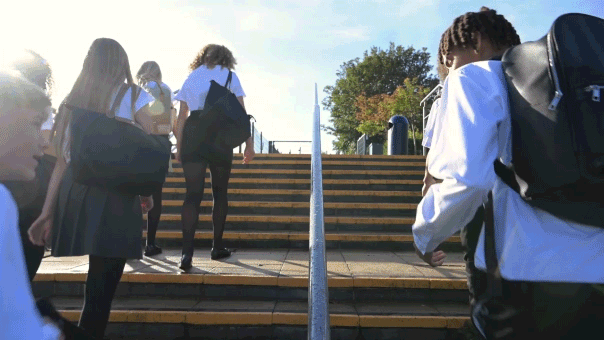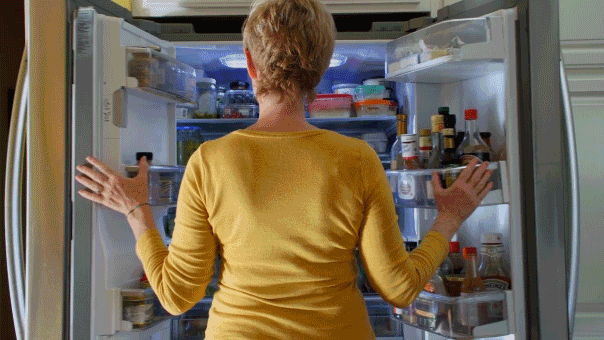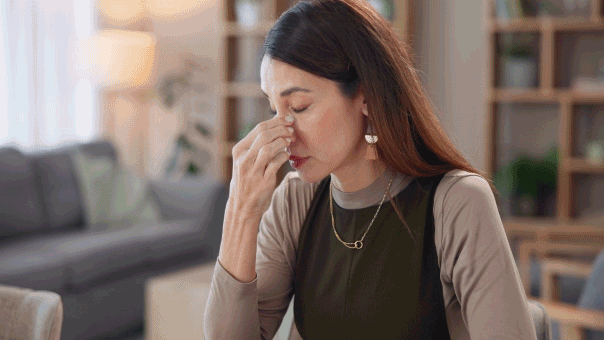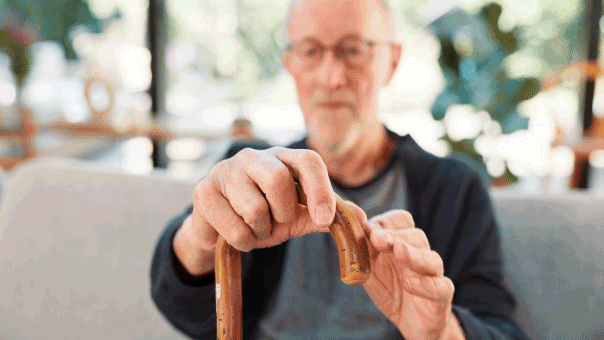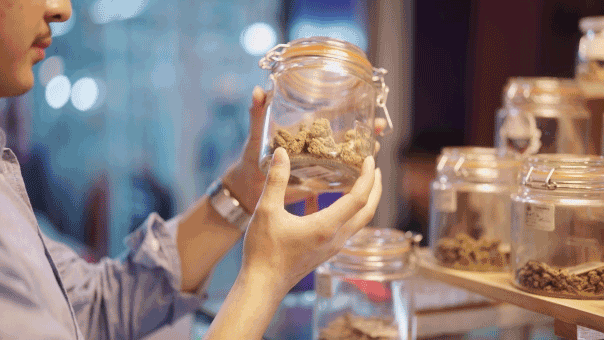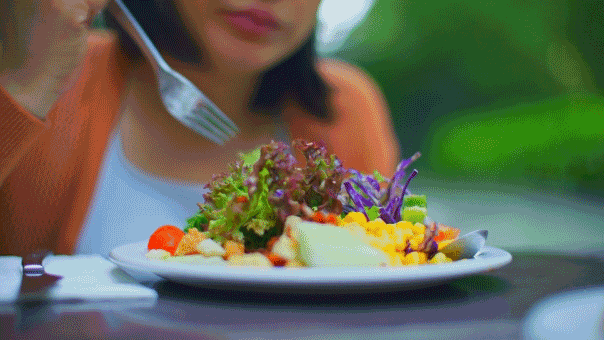Doctors answer your COVID-19 questions: Is sanitizing and reusing masks safe?
Dr. George Diaz, Section Chief of Infectious Diseases at Providence Regional Medical Center Everett, and Fox News medical contributor, Dr. Marty Makary, join ‘America’s News HQ.’
Very little is known about how to properly reuse medical masks to fight infectious diseases. No method is confirmed to work. Still, in a report to doctors, which has yet to be peer-reviewed, some researchers are beginning to point to the best options for decontaminating used masks.
Medical professionals are reusing single-use medical masks across the country right now, according to the news organization The Intercept and numerous other reports, as the COVID-19 pandemic is stressing the usual supply chains for the masks. Medical masks, including N95 masks, are intended to be single-use and must be worn properly to be effective. According to a new article released by researchers at Stanford University's School of Medicine's COVID-19 Evidence Service today (March 24), however, there are some methods that doctors can use that do seem to be better than others. (Their communications particularly targeted anesthesiologists.)
"We do not advocate or advise specific treatments or approaches," the researchers began. "The COVID-19 Evidence Service aims to share the best available evidence to address questions for clinical anesthesiologists and the anesthesiology community. We recommend that hospital policy and procedures be respected and adhered to."
Related: 13 coronavirus myths busted by science
Referring to a paper published in the journal Annals of Occupational Hygiene in 2009, among others, the researchers compared and contrasted these different methods for sterilizing N95 masks, many of which were ineffective:
- Heat in an oven for 30 minutes at 58 degrees Fahrenheit (70 degrees Celsius)
- Use ultraviolet light for 30 minutes
- Soak the mask in 75% ethyl alcohol, then let it dry
- Clean the mask with liquid or vapor hydrogen peroxide
- Clean the mask with bleach
- Steam the mask with hot vapor from boiling water
- Microwave the mask
- Use extreme heat in an oven or autoclave
- Soak in soap and water
"To be useful, a decontamination method must eliminate the viral threat, be harmless to end-users and retain respirator integrity," they wrote.
All of the methods used were believed effective for destroying coronaviruses, they wrote, but not all of them were good ideas.
"DO NOT use alcohol and chlorine [bleach]-based disinfection methods," they wrote. "These will remove the static charge in the microfibers in N95 facial masks, reducing filtration efficiency. In addition, chlorine also retains gas after de-contamination, and these fumes may be harmful."
Microwaves tended to melt the masks and render them useless.
Hydrogen peroxide and ultraviolet radiation appeared to be at least somewhat more effective, they wrote, "but it is not known if they would retain filtration, material strength and airflow integrity with repeated use."
Autoclaves, 320 F [160 C] ovens, and soap and water soaking, all appeared ineffective, they wrote.
However, they wrote, "70 C / 158 F heating in a kitchen-type of oven for 30 min, or hot water vapor from boiling water for 10 min, are additional effective decontamination methods."
The CDC still does not recommend reusing masks, and the researchers encouraged doctors to follow guidelines in their clinics. If you are not a medical professional, the best way to avoid getting sick isn't using a mask (new or reused), but staying at home. If you must go out, homemade cloth masks are an imperfect but better-than-nothing option, as Live Science has reported. However, a mask is much more likely to help you avoid spreading the illness if you are sick than it is to protect you from the illness, as Live Science has also reported.
Again, if you can, stay at home.
Coronavirus science and news
Coronavirus in the US: Map & cases
How deadly is the new coronavirus?
How long does virus last on surfaces?
How does it compare with seasonal flu?
How does the coronavirus spread?
Can people spread the coronavirus after they recover?
Originally published on Live Science.
